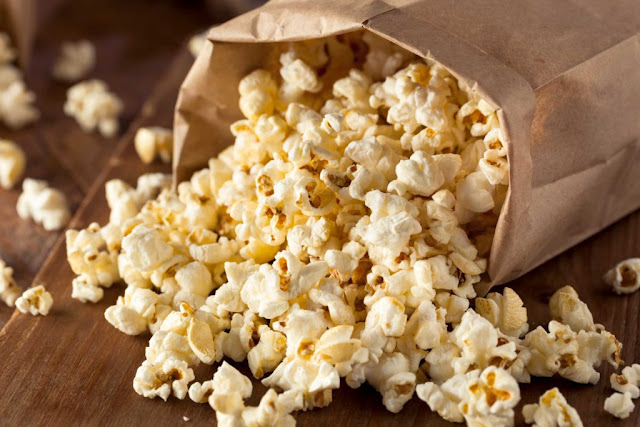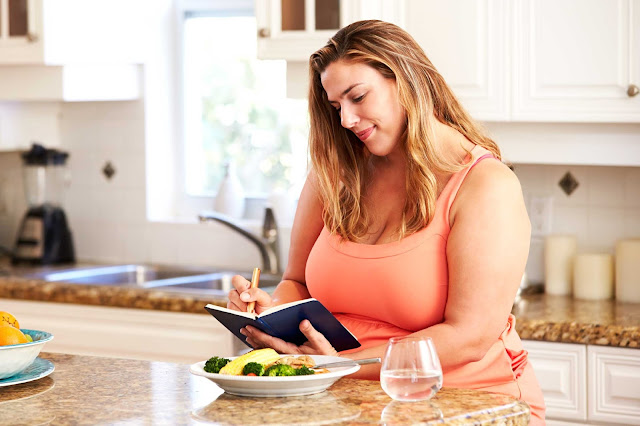Go for a jog
Among all the things you can do to achieve longevity, one of the most critical is to exercise. Aerobic activity, like running, is crucial for getting your blood pumping and your heart working. A recent study showed that a one-hour run adds seven hours to your life, up to four hours per week. People who run have a 25 to 40 percent reduced risk of early death, and live about three years longer, the study says. Of course, people who run are often healthier in general, but running appears to have its own health benefits. "Running helps burn off or keep blood sugars normal, which is important because they keep your kidneys, eyes, nerves and blood vessels healthy," says Jennifer Kuca Hopper, MS, an exercise physiologist and director of employee wellness, worklife, and fitness at Piedmont Healthcare. Running also regulates blood pressure, increases lung capacity, reduces stress, and increases bone density, she says.
Eat more plant protein
A recent study from Harvard found that people who ate a diet high in processed meats like sausage and hot dogs, were at a higher risk of death—but those who got their protein from plants had a lower risk, especially of heart disease-related deaths. "The study said that for every three percent increase in calories from plant protein there was a reduction in risk of death by 10 percent," says Shayna Komar, RD, a dietitian at Piedmont Healthcare. Plant proteins supply all nine amino acids the body can't make on its own, and "unlike animal proteins, plant-based proteins can help lower blood pressure, lower risk of heart disease, and decrease risk of cancer," she says. Find out the top 10 sources of plant protein.
Get more sun—but not too much
The "sunshine vitamin"—vitamin D, that is—has been shown to fight to disease, improve bone health, and ward off depression. One study even found it to extend lifespan (of a worm, but still) by 33 percent. But because vitamin D comes from the sun, and our modern lives don't let us spend much time outside, we might not be getting enough. Concerns over skin cancer are well-founded, and sunblock is generally a good idea. But, "getting 15 to 30 minutes of sun exposure a day should be adequate for vitamin D production," says Jyotir Jani, MD, a primary care physician with Piedmont Healthcare. "Of course, that is not through sunbathing but by being outside with normal clothing." Here are more weird ways the sun affects your body.
Eat nuts
Although you may think nuts are unhealthy because they are calorically dense, the exact opposite is true—they can actually extend your life. A study from Harvard found that daily nut-eaters were 20 percent less likely to die during the study. Specifically, the rates of death from cancer, heart and respiratory disease were reduced. Other research has shown walnuts have a huge role in heart health because of the amount of antioxidants they contain. They can also boost brain health, says Barbara Shukitt-Hale, PhD, a USDA Scientist in the Laboratory of Neuroscience and Aging at the USDA/Human Nutrition Research Center on Aging at Tufts University. Plus, nuts are a great source of plant-based protein, Palinski-Wade says. Here are four more reasons to snack on nuts.
Don't smoke
You probably know this one already. "Smoking cessation is the single most important action that an individual can take regardless of age," Dr. Jani says. It's the leading preventable cause of death in the US, according to the CDC, and the cause of almost every severe health issue, from heart disease to cancer. "Not to mention smoking makes you age faster with increased wrinkles!' Dr. Jani says. In addition, "smoking literally causes internal damage to your genetic code as well as blood vessels and multiple organ systems." And although vaping may be used as a tool to help smokers quit, the jury is still out on its safety, so it's better not to start. These are the 23 best ways to quit smoking.
Drink alcohol in moderation
Heavy drinking increases health risks, but drinking in moderation—particularly red wine—could help you live longer. One study found those who drank lightly (no more than one glass a day for women and two for men) to have reduced risk of death from cardiovascular disease. "Red wine has a small amount of one antioxidant called resveratrol," says Komar. "It is good for overall health, protection from heart disease and decreasing inflammation." Palinski-Wade says wine may also improve blood lipid levels and reduce the risk of dementia. Tap into more benefits of alcohol.
Eat more fruits and veggies, period
The research is clear: If you want to live longer, eat more fruits and vegetables. A recent study from Imperial College London found that those who ate 10 portions of fruit and vegetables a day had the greatest reduction in risk of disease. The study authors estimate 7.8 million deaths worldwide could be prevented every year if people ate this many fruits and veggies—but smaller amounts are beneficial, too. "The vitamins, minerals, and most importantly, the fiber help control satiety so you do not need to eat as much of the animal foods," Komar says. In addition, Dr. Dewar says fiber encourages regular bowel function, which can keep your digestive system working smoothly. "High fiber diets have been found to promote lower cholesterol levels, and reduce the risk of heart disease and certain cancers such as colon cancer," Palinski-Wade says.
Eat berries
Berries are known as one of the best sources of antioxidants, which can help prevent cell damage as we age. "Berry fruit have received considerable attention due to their high concentrations of antioxidant and anti-inflammatory phytochemicals," Dr. Shukitt-Hale says. "These phytochemicals have the ability to alter cellular function by reducing oxidative and inflammatory stressors. Their bioactive properties have the potential to prevent or delay brain aging." In other words, they can help prevent age-related cognitive decline, she says. In addition, Palinski-Wade says they can prevent cancer and heart disease.



























